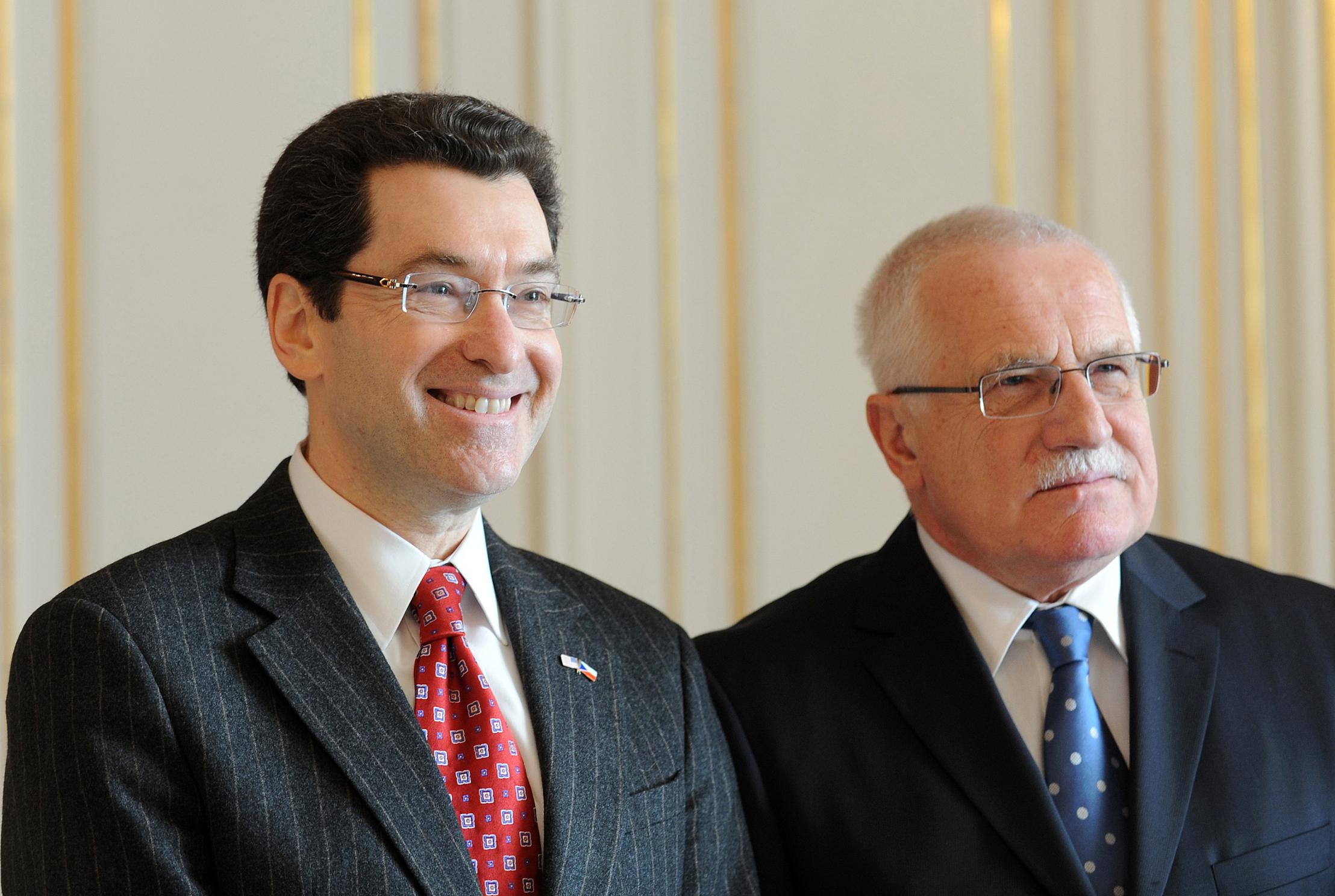James Comey's testimony on Trump is equivalent to the Nixon tapes, says former White House lawyer
The Nixon Tapes provided the 'smoking gun' that convinced prosecutors to proceed with impeachment

Former FBI Director James Comey’s testimony is the modern equivalent of secret recordings that played a major part in leading to the resignation of former President Richard Nixon, a former White House lawyer says.
Norman Eisen, a former special counsel in the Obama White House who was known for championing strict ethics standards, compared the remarks prepared by Mr Comey — which some have said shows Donald Trump attempted to obstruct justice — to the Nixon Tapes during an interview on CNN.
“This is the equivalent of the Nixon Tapes,” Mr Eisen said.
Mr Comey’s planned testimony indicates that the President repeatedly asked him to drop an investigation into a former member of the Trump administration, who had been forced to resign over contacts with Russian officials. The former FBI director, during the prepared remarks, details several interactions with the President, including conversations he felt were inappropriate enough that he was compelled to ask Attorney General Jeff Sessions to ensure that he wasn’t alone with the President again.
Reaction to the testimony has been mixed. Some have shrugged off Mr Trump’s attempts to convince Mr Comey to drop the investigation, while others say that it presents a clear effort by the President to obstruct justice.
Mr Eisen is clearly in that second camp. The Nixon Tapes are audio recordings of conversations between former President Nixon and his administration officials, family members, and White House staff that were produced through sound-activated recording devices installed in the Oval Office in the 1970s. Those tapes, once handed over to the House Judiciary Committee, provided the special prosecutor with the so-called “smoking gun” in the Nixon impeachment case.
That “smoking gun” tape was a recording of Mr Nixon speaking with his administration officials just six days after the Watergate break-in. He agreed that the administration should reach out to high-ranking CIA officials and request that they ask the FBI to halt its investigation into that break-in. The special prosecutor determined that, in agreeing to those efforts, Mr Nixon had entered into a criminal conspiracy to obstruct justice.
Join our commenting forum
Join thought-provoking conversations, follow other Independent readers and see their replies
Comments
Bookmark popover
Removed from bookmarks